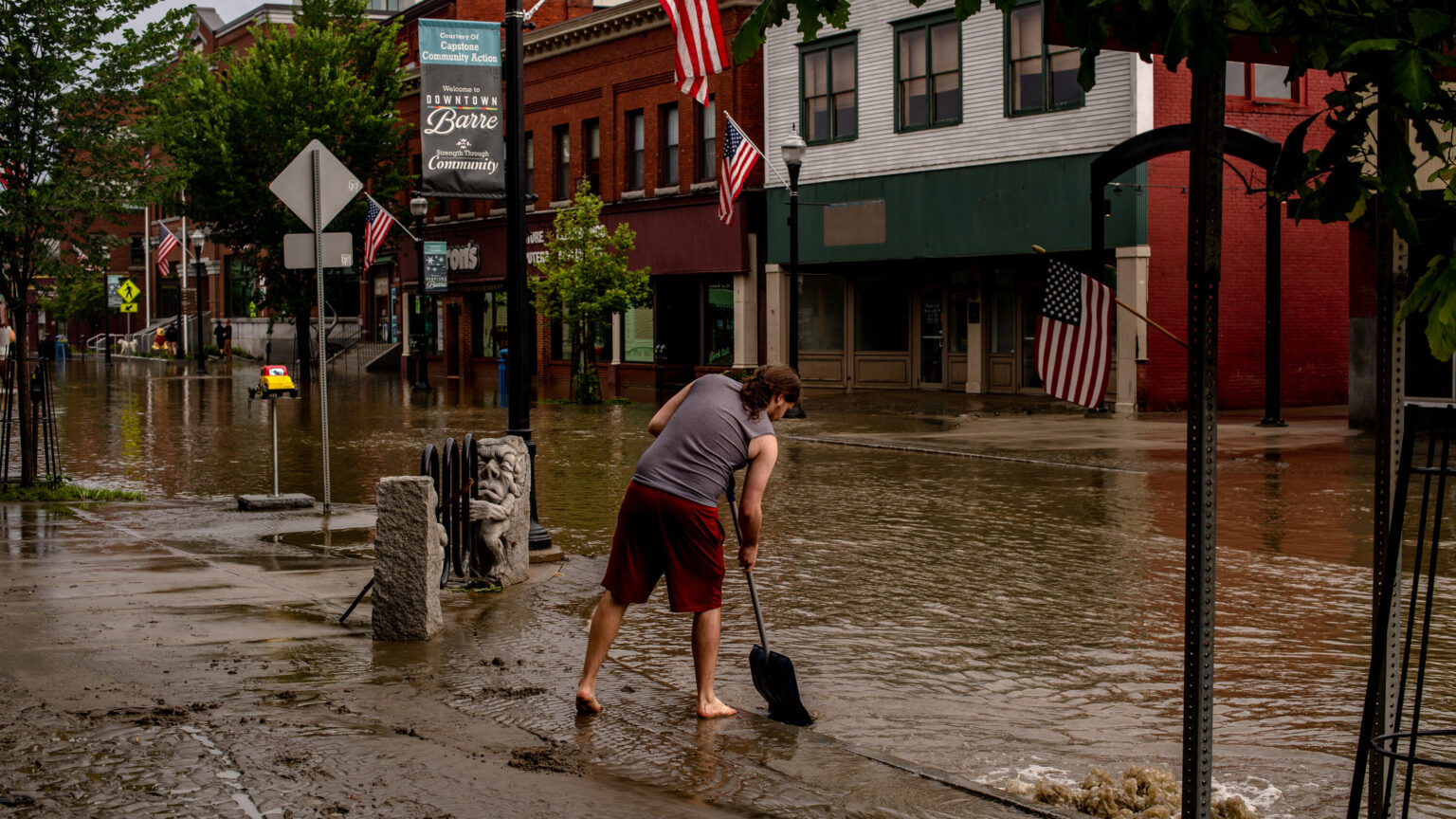In Short : The costs are expected to rise further if decisive action is not taken to reduce greenhouse gas emissions and adapt to the changing climate. Addressing climate change is not only an environmental imperative but also an economic necessity.
In Detail : New York : Every three weeks, the United States experiences an extreme weather event that produces $1 billion worth of damage, according to the latest US National Climate Assessment report, released earlier this month. Compare that to 40 years ago, when extreme weather episodes that cost an inflation-adjusted $1 billion happened once every four months on average.
As of November 8, there have been 25 weather and climate disasters with losses exceeding $1 billion, according to the National Oceanic and Atmospheric Administration. That exceeds last year’s count — even without data from the last two months of the year.
In total, extreme weather events cost the US $150 billion per year, due to direct impacts such as infrastructure damage, worker injuries and agricultural losses, the authors of the report estimate. And the cost of extreme weather events is expected to grow in the near term with a projected rise in sea levels and temperatures, the report states.
Included in this year’s tally are the devastating wildfires that took place in Hawaii over the summer. The damage from the wildfires, which took the lives of over 100 people and destroyed thousands of homes and businesses, cost $5.6 billion, according to an estimate from the National Centers for Environmental Information, a division of NOAA.
There are also important economic implications. For instance, the authors of the report cited separate research published in April by MIT’s Center for Real Estate, which found that property damage from hurricanes can result in higher mortgage delinquency rates as property owners become more financially stressed. The authors also cited research that found flooding and rising sea levels lower home prices and property values as more people relocate to areas that are less prone to flooding.
Hurricanes in the United States can also strain government budgets since they tend to lead to substantially higher social safety net disbursements, including unemployment insurance and public medical payments, according to research published in 2017 by Tatyana Deryugina, a finance professor at the University of Illinois Urbana-Champaign.
The National Climate Assessment report’s estimate of the total annual cost of climate change in the United States takes those factors into account. It does not, however, take into account loss of life and health care-related costs.
$150 billion at glance
It may be hard to appreciate the value of $150 billion without anything to compare it to. That’s why CNN sought to find some meaningful examples.
The $150 billion annual cost of extreme weather in the damage to the US is:
- More than Morocco’s gross domestic product last year, according to World Bank Data
- About the net worth of Larry Ellison, the co-founder of Oracle, according to the Forbes Billionaires list
- Enough to cover approximately five weeks’ worth of Social Security payments for all recipients as of September, according to CNN estimates based on monthly Social Security Administration data
- More than what the US government distributed to the 41 million people who received food stamps in 2022, according to data from the US Department of Agriculture
- Equal to about 9% of the total student loan debt in the United States, according to the New York Federal Reserve’s Quarterly Report on Household Debt and Credit

